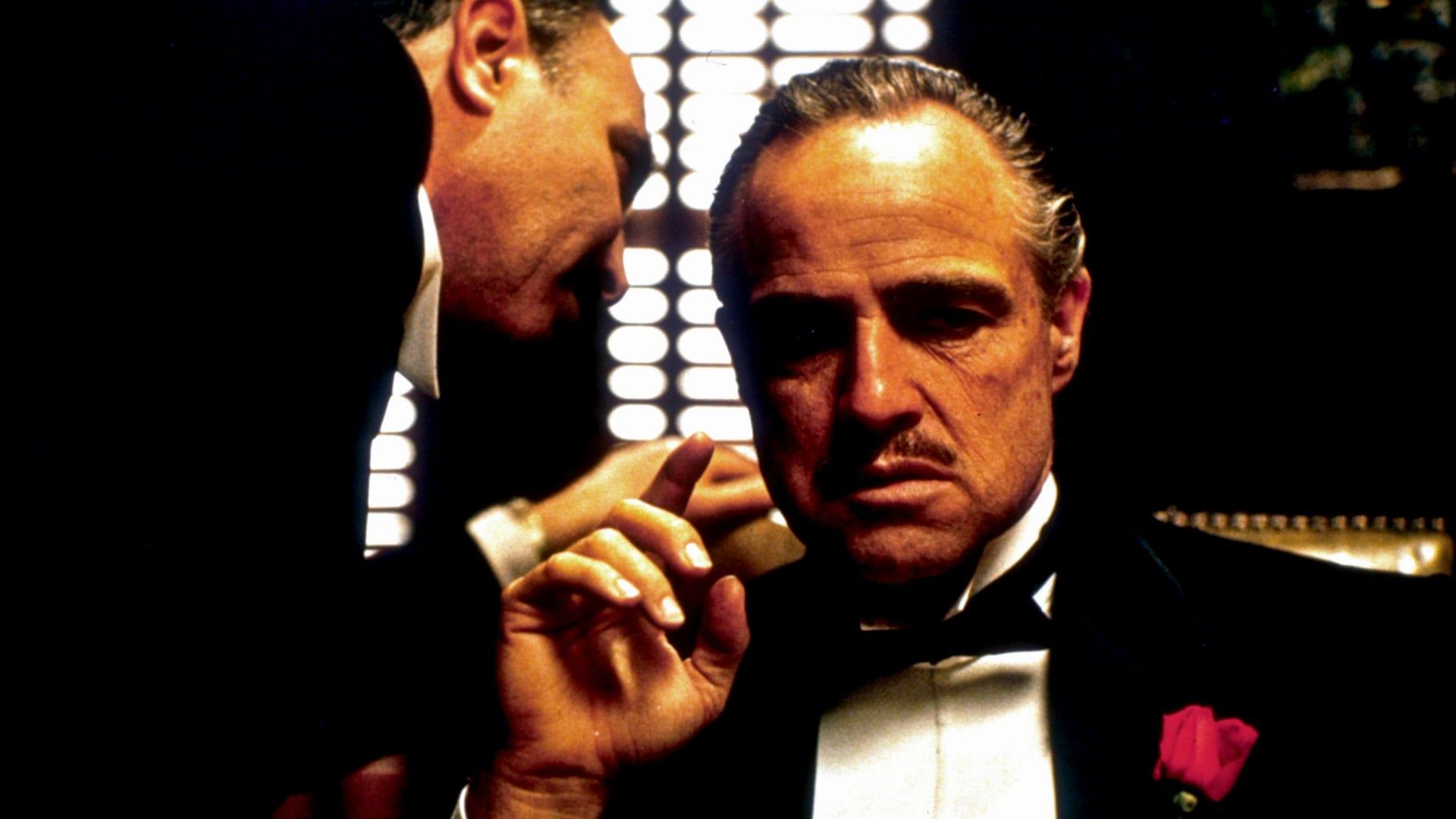ROME — If a Catholic bishop in Sicily has his way, there will be no more Godfathers in the land of the infamous fictional Corleone clan. A decree from the Diocese of Monreale, where the actual town of Corleone is located, bars mob bosses from serving either as godfathers for baptisms or sponsors for confirmations.
“We have to be clear,” said Archbishop Michele Pennisi. “A Christian godfather should be a guarantee of raising a child in the faith. How can he be that, if he lives in opposition to the Gospel, in violence and total obedience to the god of money?”
Pennisi was acting after a scandal that broke out last December, in which the son of notorious Sicilian mob boss Salvatore “Totò” Riina was given permission to serve as the godfather at his nephew’s baptism in the northern Italian diocese of Padua after receiving the sacrament of confirmation himself only one week before.
While Pennisi’s decree would not have prevented that from happening, as it applies only to his own archdiocese, the 70-year-old prelate is clearly hoping to set a tone up and down the entire Italian peninsula.
“The north must also reflect,” he said in comments Friday to the Italian newspaper Corriere della Sera, “given that the mafia, indeed the mafias, aren’t just a Sicilian phenomenon but an Italian and even European mentality.”
Pennisi, known for his strong anti-mafia stances, argued that allowing mob figures to participate in these Catholic sacraments gives them a sort of religious legitimacy they don’t deserve.
“You can’t ignore the fact that serving as a baptismal godfather or a confirmation sponsor allows them to reacquire a religious consensus and honorability that a mafia leader doesn’t merit,” he said. “We must always be vigilant, and not just in a diocese like mine that historically is the cradle of the mafia, with Corleone, Cinisi, [and] San Giuseppe Jato,” referring to small towns long notorious as mafia strongholds.
Corleone, of course, became famous when novelist Mario Puzo used its name for the fictional mafia family depicted in his 1969 book, The Godfather.
Pennisi said that his strong line against mob bosses has drawn some blowback, at times even from with the local church.
“Even in the church there are those who think we have to be softer with the mafia, in order not to disturb the social equilibrium,” he said. Back in December when he objected to Riina’s son serving as a godfather, Pennisi said, he read lots of comments on social media along the lines of, “Why doesn’t the bishop mind his own business?”
He said he obtained the unanimous approval of the priests’ council of Monreale before issuing his new decree, but conceded that even if he hadn’t, “I would have gone ahead with my own convictions.”
Pennisi said he’s open to the idea that a mob boss might have a change of heart, but insisted that conversion must be for real.
“Conversion isn’t just about feeling bad, and still less about saving face,” he said. “I always insist on consistency between faith and life: Faith can’t be reduced to a parade of processions, but it’s about cult, culture and charity.”
Each of the three most recent popes have encouraged anti-mafia activism by the Italian bishops and clergy, especially in Sicily where the mafia’s imprint has long been felt most strongly.
In July 2014, Pope Francis traveled to Calabria in southern Italy, to a town where members of a local Mafia group known as the ’Ndrangheta had murdered a three-year-old boy together with his grandfather and burned their bodies, in a case tied up with suspected drug trafficking, and declared mafiosi “excommunicated.”
“The ’Ndrangheta is this: the adoration of evil and contempt of the common good,” Francis said that day.
Pope Benedict XVI not only condemned mafia activity, but he also recognized Father Giuseppe “Pino” Puglisi, Italy’s most celebrated anti-mafia priest, as a martyr for having been gunned down in the Brancaccio section of Palermo in 1993 by mafia hitmen. Francis then authorized Puglisi’s beatification in May 2013.
Pennisi said Friday that he and Puglisi were close, and said that Puglisi agreed with him that the sacraments of baptism and confirmation should be about offering a “Christian witness.”















